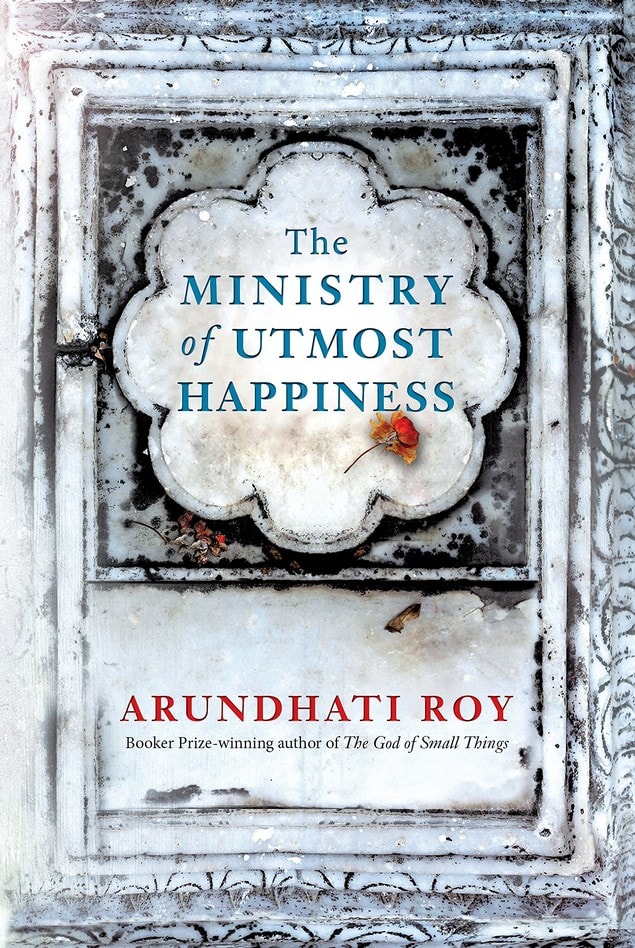You must be logged in to post a review.
The Ministry of Utmost Happiness
by Arundhati Roy
Description:
How to tell a shattered story?By slowly becoming everybody.?No.By slowly becoming everything.The Ministry of Utmost Happiness takes us on a journey of many years the story spooling outwards from the cramped neighbourhoods of Old Delhi into the burgeoning new metropolis and beyond, to the Valley of Kashmir and the forests of Central India, where war is peace and peace is war, and where, from time to time, normalcy is declared.Anjum, who used to be Aftab, unrolls a threadbare carpet in a city graveyard that she calls home. A baby appears quite suddenly on a pavement, a little after midnight, in a crib of litter. The enigmatic S. Tilottama is as much of a presence as she is an absence in the lives of the three men who love her.The Ministry of Utmost Happiness is at once an aching love story and a decisive remonstration. It is told in a whisper, in a shout, through tears and sometimes with a laugh. Its heroes are people who have been broken by the world they live in and then rescued, mended by love and by hope. For this reason, they are as steely as they are fragile, and they never surrender. This ravishing, magnificent book reinvents what a novel can do and can be. And it demonstrates on every page the miracle of Arundhati Roys storytelling gifts.
About The Author
Suzanna Arundhati Roy (born 24 November 1961) is an Indian author. She is best known for her novel The God of Small Things (1997), which won the Man Booker Prize for Fiction in 1997. This novel became the biggest-selling book by a nonexpatriate Indian author. She is also a political activist involved in human rights and environmental causes.Roy began writing her first novel, The God of Small Things, in 1992, completing it in 1996. The book is semi-autobiographical and a major part captures her childhood experiences in Aymanam.The publication of The God of Small Things catapulted Roy to international fame. It received the 1997 Booker Prize for Fiction and was listed as one of the New York Times Notable Books of the Year for 1997. It reached fourth position on the New York Times Bestsellers list for Independent Fiction. From the beginning, the book was also a commercial success: Roy received half a million pounds as an advance. It was published in May, and the book had been sold to eighteen countries by the end of June.The God of Small Things received stellar reviews in major American newspapers such as The New York Times (a “dazzling first novel,extraordinary”, “at once so morally strenuous and so imaginatively supple”) and the Los Angeles Times (“a novel of poignancy and considerable sweep”), and in Canadian publications such as the Toronto Star (“a lush, magical novel). By the end of the year, it had become one of the five best books of 1997 by Time. Critical response in the United Kingdom was less positive, and that the novel was awarded the Booker Prize caused controversy; Carmen Callil, a 1996 Booker Prize judge, called the novel “execrable”, and The Guardian called the contest “profoundly depressing”. In India, the book was criticised especially for its unrestrained description of sexuality by E. K. Nayanar, then Chief Minister of Roy’s home state Kerala, where she had to answer charges of obscenity.









Reviews
There are no reviews yet.